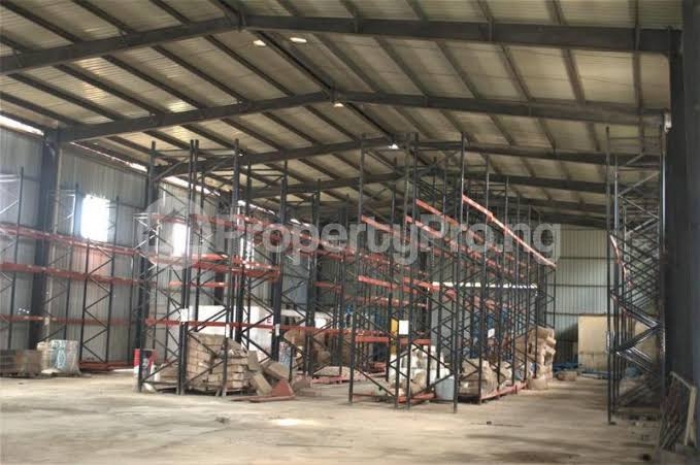The Central Bank of Nigeria (CBN) has reported that while the service and agriculture sectors expanded in September, the industrial sector contracted, marking a continued struggle for Nigeria’s manufacturing and industrial output. According to the CBN’s Purchasing Manager’s Index (PMI) report published on Wednesday, the composite PMI for September 2024 was 50.5 index points, indicating overall economic expansion for the second consecutive month, slightly up from 50.2 points in August.
The PMI serves as an indicator of economic trends within the manufacturing and service sectors. An index above 50.0 points indicates an expansion in business activities, while a reading below 50.0 points reflects contraction.
Industrial Sector
The CBN reported that the industrial sector contracted in September, registering 49.7 points, a slight improvement from August’s 49.2 points. Although this indicates a slight rebound in recent months, the sector remains in contraction. The apex bank attributed this decline to persistent challenges within the manufacturing subsector, despite some expansion in mining, quarrying, electricity, gas, and water supply activities.
One significant factor contributing to the contraction in industrial output is the rising cost of energy. The increase in petrol prices and higher electricity tariffs have placed enormous pressure on the manufacturing sector, driving up operational costs and reducing profit margins. These energy costs have made it difficult for manufacturers to maintain production levels, leading to a decline in new orders and employment, which fell to 49.9 and 48.2 index points, respectively. The CBN’s report noted that four out of the 17 subsectors surveyed, including Paper Products, recorded contractions, with manufacturing being the hardest hit.
While the Stock of Output and Raw Materials indices grew slightly at 50.7 and 51.7 points, indicating some resilience, the slower delivery times (48.4 points) reflect the ongoing struggles in supply chains, exacerbated by energy price inflation.
Service Sector
In contrast, the service sector expanded for the fourth consecutive month, with the PMI index for September standing at 51.0 points, an increase from August’s 50.7 points. This growth is primarily driven by increased business activity, rising stock levels of raw materials, and continued business opportunities. Among the 14 subsectors surveyed, nine recorded growth, with the Finance and Insurance subsector seeing the highest expansion. However, Transportation and Warehousing experienced significant contraction, likely due to the increased cost of fuel, which directly impacts logistics and freight services.
Business activity, new orders, and stock of raw materials in the service sector all showed growth, but the employment index declined slightly, ending the month at 49.5 points.
Agriculture Sector
The agriculture sector continued its positive trajectory, expanding for the second consecutive month with an index of 51.4 points in September, up from 50.5 points in August. The Crop Production, Livestock, Forestry, and Agricultural Support Services subsectors all recorded growth, while Fishing and Fish Farming contracted.
Though agricultural activities remained robust, the sector was not immune to the broader economic pressures, with the employment index also declining to 49.1 points. Rising energy costs, particularly for petrol, have impacted transport and farming operations, increasing the costs of food production and distribution.
What You Should Know
The contraction in Nigeria’s industrial sector highlights the challenges facing the country’s economy, particularly in light of soaring energy costs. The increases in petrol prices and electricity tariffs have heavily impacted production, leading to higher operational expenses for businesses and reduced output in the manufacturing subsector. These factors are further straining Nigeria’s economic recovery and compounding issues in employment, with new job creation stagnating across various sectors. Despite some resilience in agriculture and services, the industrial sector’s struggles underscore the need for solutions to stabilize energy prices and improve business conditions.
































































